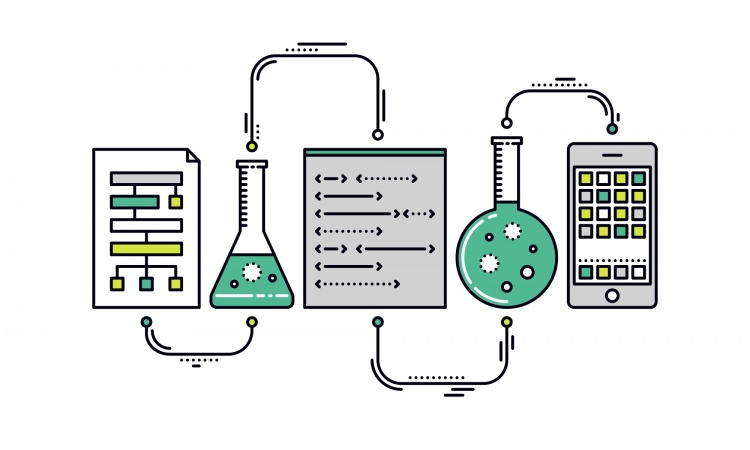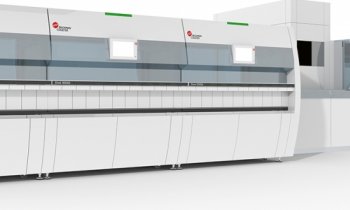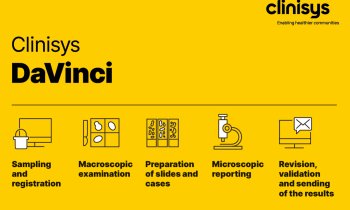Article • Value based lab medicine
Meeting the challenge of modern laboratory demands
Faced with the constant challenge of increasing demand and a backdrop of falling reimbursement, Mayo Clinic in the United States has adopted an innovative and proactive approach to managing its laboratory services.
Report: Mark Nicholls
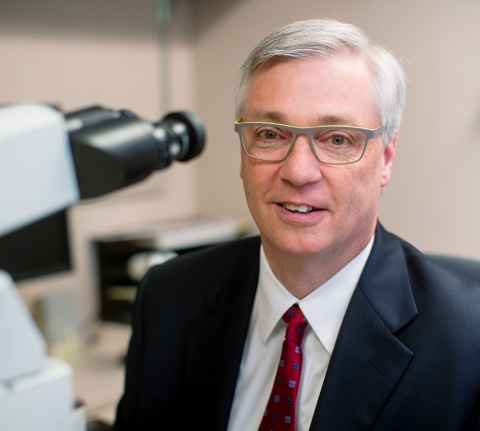
That has seen the US-based medical giant embrace a variety of tools and reference materials to aid clinician decision making, improve care and lower costs. Dr Curt Hanson, Chief Medical Officer of Mayo Medical Laboratories at Mayo Clinic, Rochester, outlined the organisation’s approach, including procedures implemented to guide appropriate test ordering and education packages, at the FiLM 2018 – Frontiers in Laboratory Medicine conference in Birmingham at the end of January.
A key element lay in harnessing big data to help better inform the testing profile of Mayo Clinic, while continuing to cost-effectively meet the needs of clinicians and patients. He said that it was ever more important to achieve value based care, particularly in an organisation such as Mayo Clinic which conducts 25m tests a year, but he stressed there were multiple components to consider. “To add value, you have to move beyond thinking about cost effectiveness and think about clinical effectiveness,” he said. “You have to think about the impact it has in terms of confidence in patient care.”
Big data can help evaluating test effectiveness
In his presentation – Demand utilisation – the Mayo Clinic approach – he said big data was critical in understanding populations. But he warned: “We have to remember that databases are not necessarily designed for our purposes but getting access to them can really help us to move towards understanding value in the lab.” With tests such as ESR v CRP, for example, big data can highlight information that can help work out the relative value of such tests “It gives an opportunity to look at routine tests and an opportunity to flush out waste from the system,” said Dr Hanson, adding that it can also look at test usage and effectiveness to work out internal guidelines on testing, and see what savings can be made.
He pointed to Clinical Decision Support Tools and Utilization Management Tools, used by Mayo and effective in other settings as having clear benefits but stressed the importance of laboratorians knowing how to use these tools. Dr Hanson said CDS tools can support frequency of tests, cost information, value-based testing, where there should be restriction on tests, and population health data. Utilization Management tools can provide clinician education, help decide to obsolete certain tests, restrict frequency of certain tests, review admission and treatment templates, look at physician profiling and report cards and establish a utilization review process for send-outs.
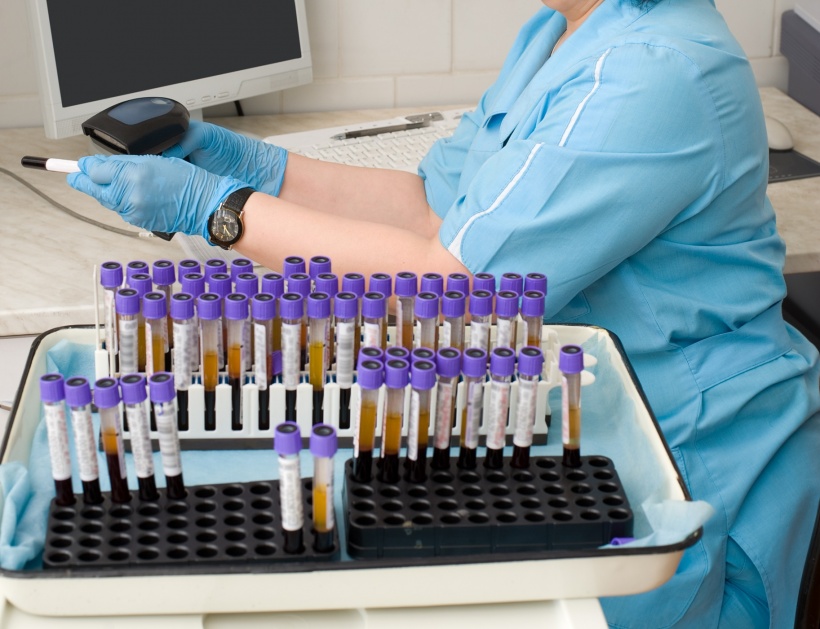
Laboratory strategies need clinical input
We have to think differently on how value based laboratory strategies can contribute to patient care
Curt Hanson
He also said that using genetic counsellors for review of high cost hereditary testing was a good move and that “genetic counsellors more than prove themselves in terms of value.” And from a philosophical challenge perspective with clinical laboratory utilization, he warned the laboratorians have to be “comfortable with degrees of uncertainty. I believe that as laboratorians we need to lead the way with utilization management. We have tonnes of data, let us use that to reduce that waste,” he said. “In addition, as laboratorians, we must get out of the office and think clinically. We have to think differently on how value based laboratory strategies can contribute to patient care and use big data and analytics to help drive laboratory-based initiatives.”
Profile:
Dr Curt Hanson, Chief Medical Officer of Mayo Medical Laboratories at Mayo Clinic, Rochester, is a hematopathologist with a research focus on chronic lymphocytic leukemia (CLL) and the myeloproliferative neoplasms (MPN). He has played a key role in the development of novel flow cytometry assays to detect minimal residual disease in CLL and the application of laboratory-based prognostic risk factors. Dr Hanson is also a Consultant and Vice Chair (Extramural Laboratory Affairs) in the Division of Hematopathology, Department of Laboratory Medicine and Pathology at Mayo Clinic.
10.04.2018



